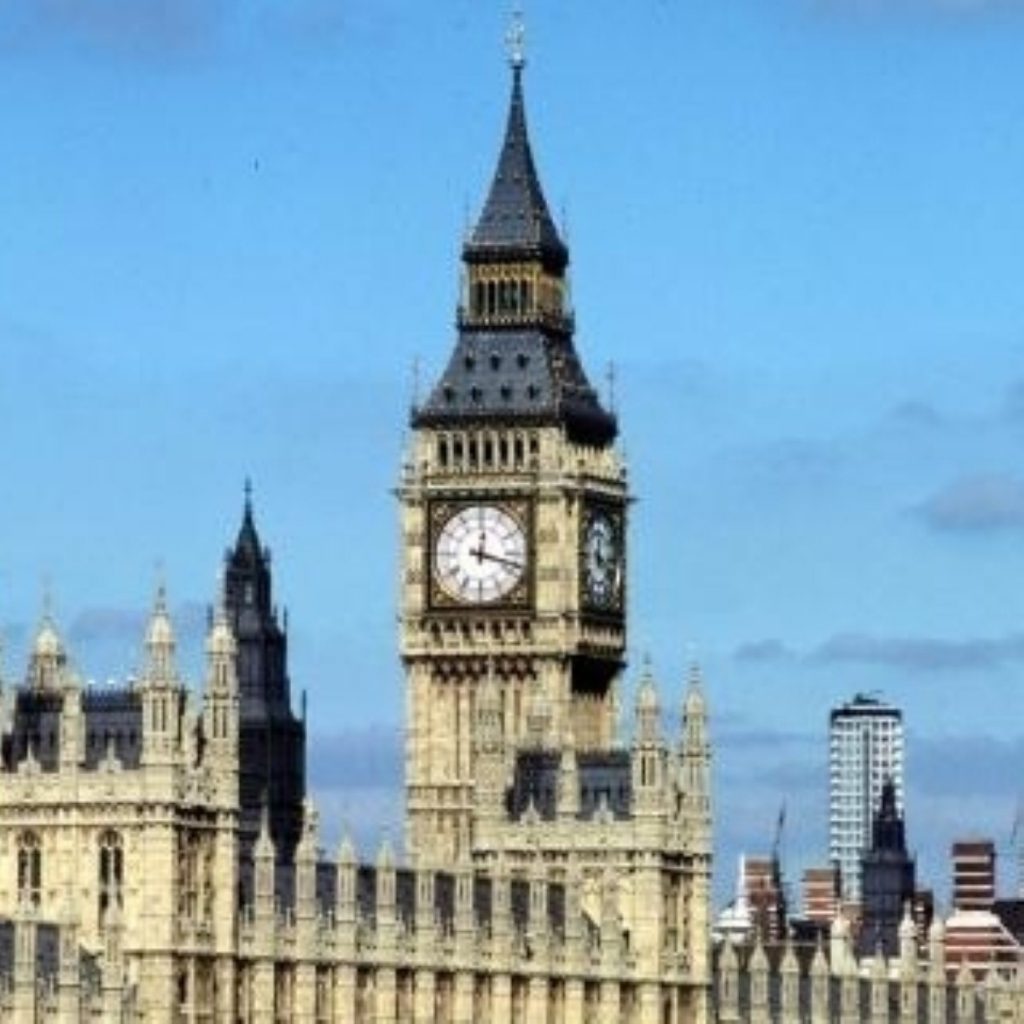Party funding should be radically reformed
Individuals should be banned from lending parties money, donations should be limited, spending capped, and state funding increased if the public are to regain trust in the funding of political parties.
These are some of the conclusions of the House of Commons constitutional affairs committee in its report on the funding of political parties.
The cross-party group was unanimous in its agreement that the present party funding system is “unstable” and is bad for public confidence in politics.
“I have felt for years that the current free-for-all, in which a small number of trade unions and big donors are the parties’ paymasters, should not be allowed to continue,” said Conservative MP and committee member Andrew Tyrie.


“The electorate believe that the big donors buy influence, access and honours – no wonder, as I have argued, they have concluded that party funding stinks.”
To reform the system, the constitutional affairs committee recommends:
- Voluntarily agreed binding limits on all large donations, whether individual, corporate or trade union;
- A cap on all party spending, including spending outside the election period, as the precondition for;
- Substantially increased state funding;
“Change in this area is difficult because of the different history and traditions of the parties and because they are in fierce competition with each other, but change is vital, and I am glad that MPs of all three parties have agreed on a route we can take,” said committee chairman Alan Beith.
“Building a system which can secure greater public confidence will require balanced measures such as these, and a quick fix will not work.”
Because of the difference in the way the parties are currently structured and funded, the committee recommends a transition period to let parties adjust to the reform.
As a first stage, the constitutional affairs committee recommends:
- A lower national cap on spending alongside a voluntarily agreed binding framework for limited donations;
- A combined tax relief and matched funding scheme to encourage small donations;
- A modest increase in state funding;
- A ban on all loans except from UK financial institutions, at commercial rates.
The constitutional affairs committee also recommends changes to the Electoral Commission, allowing the appointment of board members with experience in politics.
“Parties are an essential part of democracy, and their activities inevitably cost money. If the taxpayer is to provide more of the money, it will need to be clear that state funding is used to achieve cleaner and healthier politics, without the fear that influence can be bought by big donations,” said Mr Beith.
“Building a system which can secure grater public confidence will require balanced measures such as these, and a quick fix will not work.”

